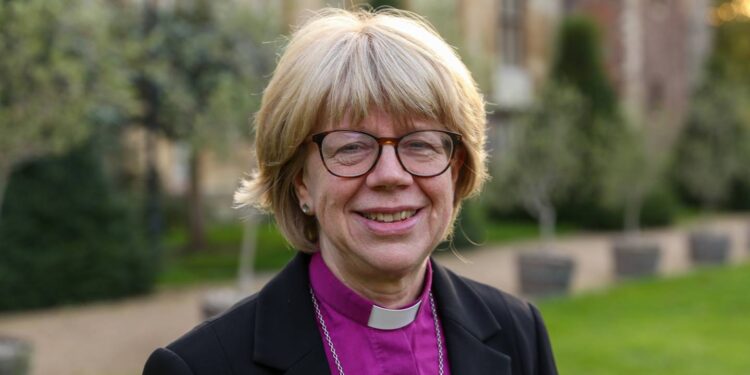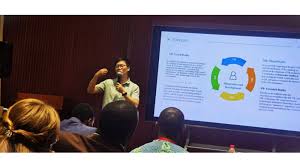The Church of Uganda has strongly opposed the appointment of Rt. Rev. Sarah Mullaly, the Bishop of London, as the new Archbishop of Canterbury.
She becomes the first woman in history to hold this position, but her support for same-sex marriage has sparked controversy among traditionalist Anglican churches.
In a statement issued on October 3, 2025, Archbishop Stephen Kaziimba Mugalu of the Church of Uganda called the decision a “grievous development” that deepens divisions within the Anglican Communion.
He said Bishop Mullaly’s views on sexuality go against Biblical teaching and historic Anglican faith.
“Our sadness about this appointment is her support and advocacy for unbiblical positions on sexuality and same-sex marriage that reveal her departure from the authority of Scripture,” Archbishop Kaziimba said.
The Archbishop also recalled past conflicts within the church, noting that divisions began in 2003 when the Episcopal Church in the United States consecrated a bishop in a same-sex relationship.
Since then, African and Asian churches, which uphold conservative Biblical teaching, have been at odds with liberal Anglican provinces in the West.
“With this appointment, the tear in the fabric of the Anglican Communion has reached the highest level of leadership,” Kaziimba added. “We no longer recognize the Archbishop of Canterbury as an instrument of global communion. To us, the Archbishop is now only the Primate of the Church of England.”
The Church of Uganda is part of GAFCON (Global Anglican Future Conference), a movement of conservative Anglican churches that reject liberal interpretations of Scripture.
Archbishop Kaziimba assured Ugandan Christians that their church remains united with other “Biblically faithful” Anglicans worldwide through GAFCON and the Global South Fellowship of Anglicans.
“Despite these divisions, we will remain faithful to Christ and the authority of Scripture,” he said. “The mission field is ready, and we will continue proclaiming the Gospel to the nations.”
Bishop Sarah Mullaly’s appointment is seen as historic in terms of gender equality within the church. However, her progressive stance on LGBTQ+ inclusion has been welcomed by some in the Church of England but rejected by many Anglican provinces in Africa and Asia, who insist that marriage must only be between a man and a woman.
The Archbishop of Canterbury is considered the symbolic head of the worldwide Anglican Communion, which has more than 85 million members. With this appointment, the gap between liberal and conservative provinces appears to be widening further, raising questions about the future unity of the global Anglican family.



